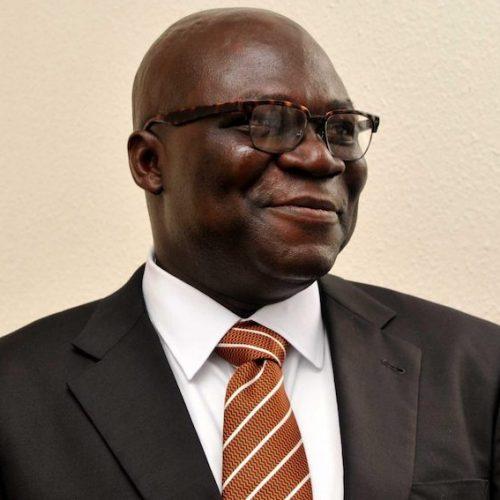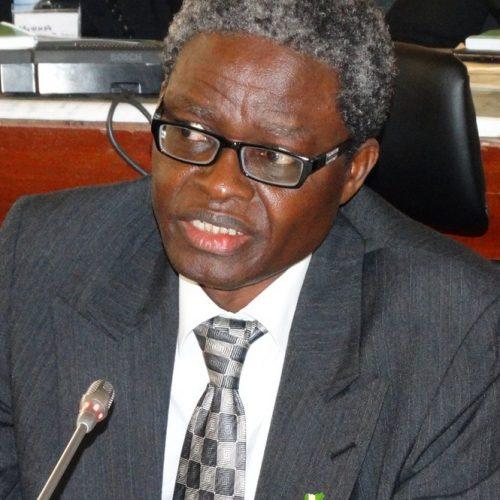In a bustling corporate office in the heart of the City of Kano, a well-intentioned leader named Safiya oversees a team of creative professionals. She prides herself on her attention to detail and unwavering commitment to excellence.
However, beneath the veneer of her meticulous management style lies a stark reality; her team is suffocating. Innovation has hit a standstill, and the once lively buzz of productivity has quieted to a demoralising silence. Despite her best intentions, Safiya’s approach is a textbook example of micromanagement, a paradoxical leadership pitfall where the quest for control can lead to a loss of it, crippling a team’s true potential.
Micromanagement is often misconstrued as a form of proactive leadership. In reality, it’s a counterproductive approach that involves excessively scrutinising and controlling the work of subordinates. It’s the antithesis of effective management, which empowers and trusts employees to perform their tasks.
This overbearing style stems from a leader’s deep-seated need for control, often rooted in anxiety, insecurity, or a compulsion for perfection. Unfortunately, micromanagement can stifle a team’s cohesion, growth, creativity, and willingness to take risks, the very elements that drive success.
While well-intentioned, micromanagement can be a blind spot for leaders, who may not realise how their actions unwittingly undermine team spirit and stifle productivity. So, what are the telltale signs that your leadership approach has tipped over into the realm of micromanagement?
1. Your team can’t work without you
Safiya’s team sits idle until she gives explicit instructions for every task. They have lost their sense of autonomy, waiting for her direction before they take any action.
2. You request frequent updates on every task
Safiya’s inbox is flooded with minute-by-minute updates from her team. While she believes this keeps her in the loop, her employees feel suffocated by the constant oversight.

3. Your team won’t take initiative on their own
When Safiya’s team encounters a problem, they immediately turn to her for solutions. Their own critical thinking skills have atrophied, as they have learned any initiative may be met with scrutiny or redoing.
4. Your team hesitates to make any decisions
Faced with a decision, Safiya’s team is paralyzed with indecision, fearing any move made without her approval will be met with criticism.
5. You feel uneasy when not in control of every detail
During a rare vacation, Safiya spends her time checking emails and calling the office. The thought of her team functioning without her constant guidance is unthinkable.
6. You redo others’ work to meet your standards
Safiya often finds herself reworking her team’s output. In her mind, if it is not done her way, it is not done right, which demoralises her team and dismisses their expertise.
7. You focus more on how work gets done than on the results
For Safiya, the process takes precedence over the outcome. She’s more concerned with the minutiae of how tasks are accomplished rather than celebrating the successes of her team.
The next question is, how does this approach impact Team Dynamics?
Each sign of micromanagement erodes the very foundation of a high-functioning team. It diminishes trust, reduces engagement, and hampers productivity. Employees become dependent on their leader for every decision, which can lead to burnout and high turnover. Teams under the thumb of micromanagement report higher levels of stress and lower levels of job satisfaction, which can have a domino effect on the overall health of the organisation.
Self-Assessment for leaders
To counteract the effects of micromanagement, leaders must first recognize their own tendencies toward this destructive behaviour. Self-awareness is the catalyst for change. Here is a self-assessment tool to help leaders introspect:
– Do you believe that no one can perform a task as well as you can?
– How often do you check in on your employees’ progress?
– Are you inundated with minor details instead of focusing on big-picture goals?
– Do you find it difficult to delegate tasks without overseeing every step of the process?
– Are your team members reluctant to come to you with problems or new ideas?
– Do you often feel the need to correct or redo work completed by your team?
– Do you measure your team’s success by their adherence to the process rather than their results?
Reflecting on these questions can help leaders identify whether they are facilitating growth or inadvertently creating barriers to their team’s success.
Conclusion
The signs of micromanagement are often subtle and can easily be mistaken for diligent leadership. However, recognising these signs is crucial for any leader who aspires to unlock the full potential of their team. The key lies in fostering a culture of trust, where team members feel empowered to take initiative and make decisions.
As we have seen through the case of Safiya, a well-meaning leader can unintentionally stifle their team’s productivity and innovation. The consequences of such a leadership style can be far-reaching, affecting team morale, productivity, and ultimately, the organisation’s success. By acknowledging and adjusting micromanagement behaviours, leaders can transition from being the bottleneck of their team’s progress to being the catalyst of their triumphs.
Stay tuned for Part 2, where we will explore the profound consequences of micromanagement on your team’s morale and delve into strategies to evolve beyond the micromanagement trap. By embracing a more empowering approach to leadership, you can foster a thriving work environment where creativity, productivity, and engagement flourish.
Toye Sobande






















